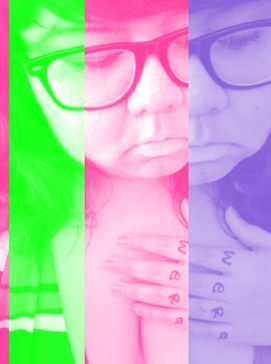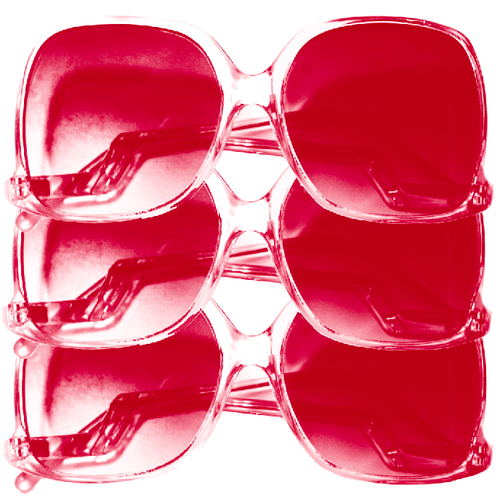 Werq v. Work In my estimation, "werq" is work's second or third cousin. I see them as related because I see werq'ing as labor with roots deep in queer femme of color performance (see: Paris Is Burning). I see it as labor for the purpose of creating and teaching self-love, for pleasure, to destabilize the pervasive impenetrable forces of The Boring (e.g., heteronormativity and the like) in the culture at large with the power of attitude, and I also see it as the labor of archiving history. Werq'ing a style or a stage is the domain of ferocious people. In my ignorant days of yore, the way I thought of werq'ing was untethered from any historical space or time. Madonna imported wholesale motifs, language and aesthetics from the ball scene, and gave middle class America a counterfeit rendering of a community of queers of color - divorced from a politic or a critique. There has been a resurgence of "interest" in ball culture in some communities/localities as of late - still untethered from a politic or a critique for the most part in my opinion. What the Hell Do I Know? I think it's important to mention that (1) I'm not from or of the ball scene and (2) I seek to be in conversation with queer theory and politics but do not seek to claim queerness. In preparing for a workshop I'm teaching on the politics of "werq-ing" at the Empowering Women of Color Conference this weekend, I've been thinking a lot about werqing. For me, werqing has a lot to do with gender. The way I do or perform gender is political and intentional. I seek to destabilize notions of feminine respectability, fat invisibility and the grateful subservience expected of women of color with my chunky jewelry, my over-sized sunglassses (aka "bitch stunners"), and my short dresses. Point of Destabilization #1: I just gave you a boner. You're welcome. Boners/erectile tissue - across gender - totally disrupt shit, and when I make my body into a sexy spectacle I own the way that it is being interpreted. Rather than my female/femme body being consumed without my consent, I use my fishnets to dominate the experience a la "oh no, Sir, I have chosen to be read in this way. Now do what I say."
Point of Destabilization #2: Fat girl invisibility is not my thing; cheetah print is. I've worn tight clothes for a long time, and that includes the gratutious display of muffin top, jelly roll, goodies of every variety beneath a nice loud print. I do not see my body as unattractive or off-limits, and see my fat as an extra fun thing to accessorize. When I dress up my fat body without the intention of hiding it I am sending a clear signal to everyone who can see me - and myself - that I will not be forced into invisibility. Point of Destabilization #3: The grateful brown girl thing isn't cute to me/I am uppity. So, I know that the no matter how post-racial the US thinks it's being, there's still embedded - deep, deep, deeeeeeep in the culture's psyche - that brown girls are supposed to be grateful and submissive. I go out of my way to come across as uppity. I identify as uppity so feel free to think that of me all you want because you're right. I Am Not Responsible for Your Interpretation of My Art No, not everyone gets what I'm doing, but that's alright. I'm not making art for them. I will be offering a workshop at the Empowering Women of Color Conference entitled "The Politics of 'Werq-ing': Femmes, Fashion & The Labor of Performing Gender" at UC Berkeley this Saturday, March 16, from 3:40-4:40pm. Find out more and register online here. xo, Virgie
Robyn
6/3/2013 06:08:06 am
What a wonderful, wonderful list. I have been scouring through your site all day, and among all of what I've enjoyed reading-I particularly identified with this. Comments are closed.
|
Virgie Tovar
Virgie Tovar, MA is one of the nation's leading experts and lecturers on fat discrimination and body image. She is the founder of Babecamp (a 4 week online course focused on helping people break up with diet culture) and the editor of Hot & Heavy: Fierce Fat Girls on Life, Love and Fashion (Seal Press, 2012). She writes about the intersections of size, identity, sexuality and politics. See more updates on Facebook. Archives
April 2021
Categories
All
|




 RSS Feed
RSS Feed